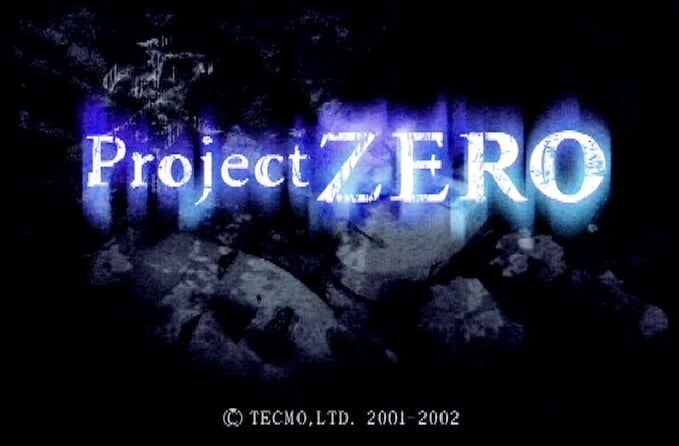In a newly released report, Europol’s European Cybercrime Center (EC3) warns that the growth of the Internet of Things (IoT) threatens to strengthen the hand of organized cyber criminal groups and make life much more difficult for police and governments that wish to pursue them. EC3’s latest Internet Organized Crime Threat Assessment (iOCTA) says the “Internet of Everything” will greatly complicate the work of law enforcement creating “new opportunities for everything from cyber criminals to state actors to child abusers. The growing numbers of connected devices will greatly expand the “attack surface” available for cyber criminal activity, the EC3 warns. Cyber criminals may co-opt connected devices for use in common criminal activity (like denial of service attacks and spam campaigns). However, advancements like connected (“smart”) vehicles and infrastructure create openings for large scale and disruptive attacks. The report, which was published late last months, is a high level position paper and pulls data mostly […]
Tag: e-mail
Study Finds Unrelenting Cyber Attacks Against China’s Uyghurs
A group representing the Uyghurs,a persecuted religious minority in China, faces unrelenting, targeted cyber attacks that appear aimed at stealing sensitive data and otherwise undermining the group’s activity, according to a new study by researchers at Northeastern University in Boston as well as the Max Planck Institute for Software Systems and the National University of Singapore. A study of more than 1,400 suspicious email messages sent to members of groups representing the Uyghur minority found that more than three quarters of the messages contained malicious attachments. The messages targeted 724 individuals at 108 separate organizations. Moreover, researchers found overlap between the individuals associated with the Uyghur World Contress (UWC) and western targets such as the New York Times and U.S. embassies. The study, “A Look at Targeted Attacks Through the Lense of an NGO” is being presented at the UNENIX Security Conference in San Diego on August 21. (A copy of the full paper is […]
TRUST: Threat Reduction via Understanding Subjective Treatment
It has become obvious (to me, anyway) that spam, phishing, and malicious software are not going away. Rather, their evolution (e.g. phishing-to-spear phishing) has made it easier to penetrate business networks and increase the precision of such attacks. Yet we still apply the same basic technology such as bayesian spam filters and blacklists to keep the human at the keyboard from unintentionally letting these miscreants onto our networks. Ten years ago, as spam and phishing were exploding, the information security industry offered multiple solutions to this hard problem. A decade later, the solutions remain: SPF (Sender Policy Framework), DKIM (Domain Keys Identified Mail) and DMARC (Domain-based Message Authentication, Reporting & Conformance). Still: we find ourselves still behind the threat, rather than ahead of it. Do we have the right perspective on this? I wonder. The question commonly today is: “How do we identify the lie?” But as machine learning and data science become the new norm, I’m […]
Google Unveils Project Zero Hacking Team
Google has unveiled an all-star team of hackers and security researchers it is calling “Project Zero.” According to a post on Google’s security blog, the company is hoping to use its security research muscle to investigate the security of “any software depended upon by large numbers of people, paying careful attention to the techniques, targets and motivations of attackers.” Research like Google employee Neel Mehta’s, which helped expose the “Heartbleed” vulnerability in OpenSSL is a good example of the kinds of stuff Project Zero will do. Researchers will devote their time to finding and reporting software vulnerabilities and researching new exploits, mitigations and “program analysis.” The company said it plans to disclose any vulnerabilities it finds to the vendor first, then to the public in an external database. The public can monitor “time to patch” (given that the vulnerability is disclosed ahead of a patch). Project Zero brings Google’s elite hackers under […]
Google Warns Of Dodgy Digital Certificates Issued By India
Beware of Google domains bearing gifts – especially gifts from India. On Tuesday, Google’s Adam Langley took to the company’s security blog to warn about unauthorized digital certificates that have been issued by India’s National Informatics Centre (NIC) and used to vouch for “several Google domains.” Google notified the NIC, as well as India’s Controller of Certifying Authorities (or CCA) and Microsoft about the discovery and the certificates have been revoked, Langley said. As Cory Doctorow noted over at BoingBoing.net, most operating system vendors and browser makers don’t trust NIC-issued certificates as a matter of course. However, NIC holds intermediate CA (certificate authority) certificates that are trusted by India’s CCA, and CCA-trusted certificates are included in Microsoft’s Root Store, meaning applications running on Windows as well as Microsoft’s Internet Explorer web browser would have trusted the bogus NIC certificates. Google said that Chrome users on Windows would not have been victims of the […]





